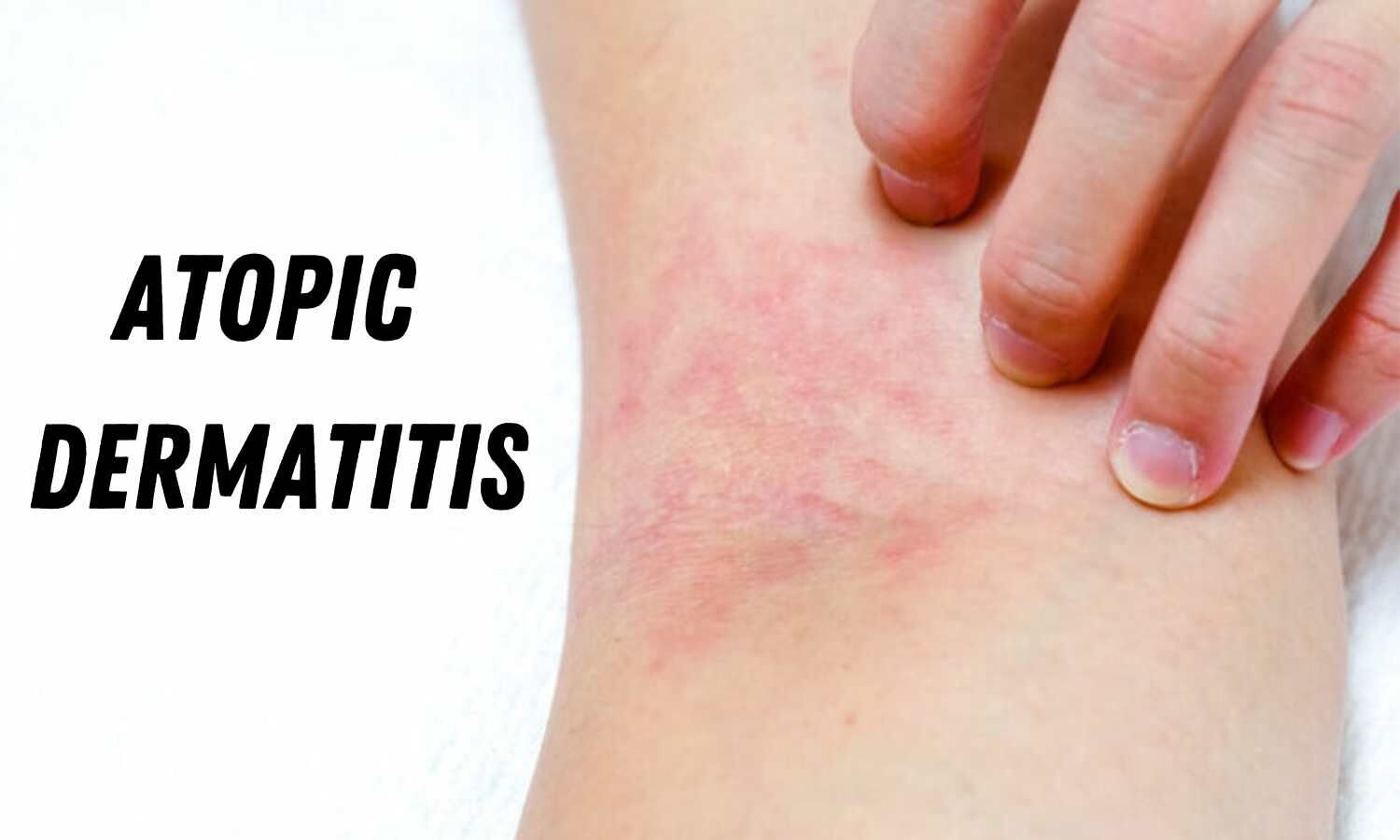Acne: Understanding, Treating, and Preventing Breakouts
SEO Meta Description:
Learn all about acne, including its causes, treatments, and prevention tips. This comprehensive guide covers everything you need to know to achieve clear and healthy skin. Say goodbye to acne and hello to confidence!
Introduction:
Dealing with acne can be frustrating and challenging. Whether you’re a teenager going through puberty or an adult facing hormonal imbalances, acne can affect anyone at any age. However, fear not! In this ultimate guide, we’ll delve into the world of acne and equip you with the knowledge and strategies to combat and prevent those pesky breakouts effectively.
What is Acne?
Acne, often referred to as acne vulgaris, is a common skin condition that occurs when hair follicles become clogged with oil and dead skin cells. It usually manifests as whiteheads, blackheads, pimples, or deeper, painful cysts. Acne is most prevalent on the face, neck, chest, back, and shoulders.
The Science Behind Acne Development
Understanding how acne develops is crucial to finding an effective treatment. When excess oil, dead skin cells, and bacteria accumulate, they form a perfect environment for the growth of Propionibacterium acnes (P. acnes), a bacterium responsible for inflammation and redness associated with acne.
Factors Contributing to Acne
Several factors can contribute to the development of acne. Here are some common culprits:
- Hormonal fluctuations during puberty, menstruation, pregnancy, or menopause.
- Excessive production of sebum, the skin’s natural oil.
- Bacterial infection by P. acnes.
- Family history of acne.
- Use of certain medications or cosmetics that clog pores.
Different Types of Acne
Not all acne is the same. Understanding the various types can help you identify and manage your specific condition more effectively:
- Comedonal Acne: Characterized by non-inflammatory comedones (blackheads and whiteheads).
- Inflammatory Acne: Involves red, swollen, and tender pimples or pustules.
- Cystic Acne: Presents as deep, painful cysts filled with pus beneath the skin.
How to Treat Acne
Finding the right treatment for acne can be a trial-and-error process. Here are some effective methods to combat breakouts:
- Topical Treatments: Over-the-counter creams, gels, and lotions containing ingredients like benzoyl peroxide, salicylic acid, or retinoids can help unclog pores and reduce inflammation.
- Oral Medications: In severe cases, dermatologists may prescribe antibiotics, oral contraceptives (for females), or isotretinoin (Accutane) to target bacteria and control hormonal imbalances.
- Professional Procedures: Procedures like chemical peels, microdermabrasion, or laser therapy can be beneficial for acne-prone skin.
Natural Remedies for Acne
For those seeking more natural alternatives, several home remedies may help manage acne:
- Tea Tree Oil: Known for its antimicrobial properties, it can reduce the growth of P. acnes.
- Aloe Vera: Soothes inflammation and promotes healing.
- Green Tea Extract: Contains antioxidants that reduce sebum production and inflammation.
The Role of Diet in Acne
While diet alone may not cause acne, certain foods can trigger breakouts in some individuals. Consider these dietary tips for clearer skin:
- Avoid excessive consumption of sugary and processed foods.
- Incorporate more fruits and vegetables rich in antioxidants.
- Consume foods with Omega-3 fatty acids to reduce inflammation.
Effective Skincare Routine for Acne-Prone Skin
Developing a proper skincare routine is essential for managing and preventing acne. Follow these steps for healthy, clear skin:
- Cleanse: Use a gentle cleanser twice daily to remove excess oil and impurities.
- Exfoliate: Exfoliate once or twice a week to unclog pores and remove dead skin cells.
- Moisturize: Choose a non-comedogenic, oil-free moisturizer to hydrate without clogging pores.
- Sun Protection: Apply a broad-spectrum sunscreen to protect your skin from harmful UV rays.
Lifestyle Changes to Prevent Acne
In addition to skincare and treatments, certain lifestyle changes can aid in preventing acne breakouts:
- Manage stress through relaxation techniques like yoga or meditation.
- Avoid picking or squeezing pimples, as it can worsen inflammation and lead to scarring.
- Change pillowcases and face towels regularly to avoid bacterial buildup.
FAQs About Acne
- Can stress cause acne? Stress doesn’t directly cause acne, but it can trigger hormonal changes that may contribute to breakouts.
- Is acne contagious? No, acne is not contagious. It is a skin condition influenced by internal and external factors.
- Does diet play a significant role in acne development? While individual responses may vary, some studies suggest that certain foods can exacerbate acne in some people.
- Can I wear makeup if I have acne-prone skin? Yes, but choose non-comedogenic and oil-free makeup products to avoid clogging pores.
- Can acne be a sign of an underlying health issue? In some cases, persistent or severe acne may signal an underlying hormonal imbalance or medical condition.
- Are there any side effects of acne medications? Yes, some acne medications, particularly oral antibiotics, and isotretinoin, may have side effects. Consult your dermatologist for proper guidance.
Conclusion:
Acne may be a common skin concern, but with the right knowledge and approach, it is manageable and preventable. Remember to be patient with the treatment process, as results may take time to show. Embrace a healthy skincare routine, make lifestyle adjustments, and seek professional advice when needed. By taking proactive steps, you can achieve clear, radiant skin and boost your confidence to new heights.





